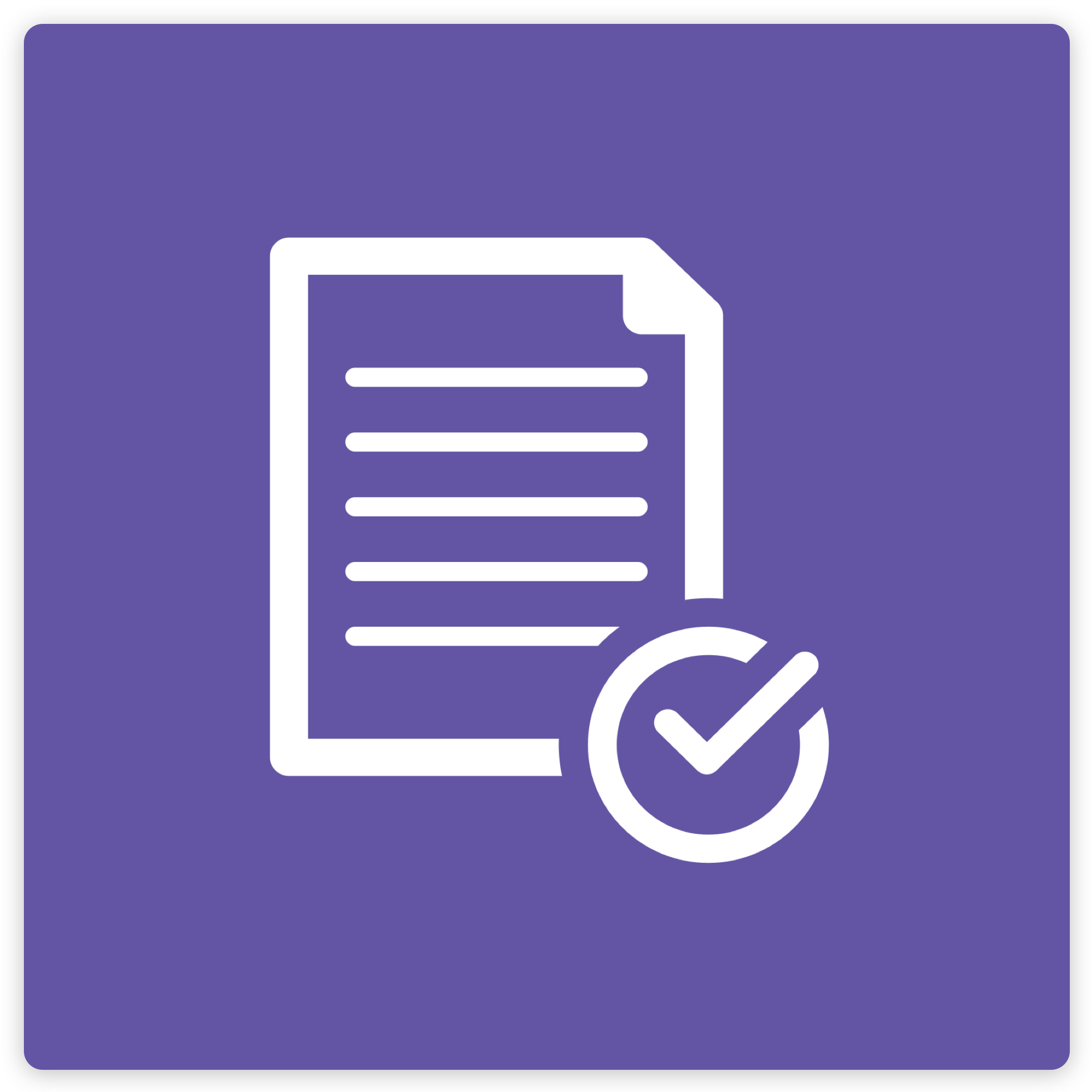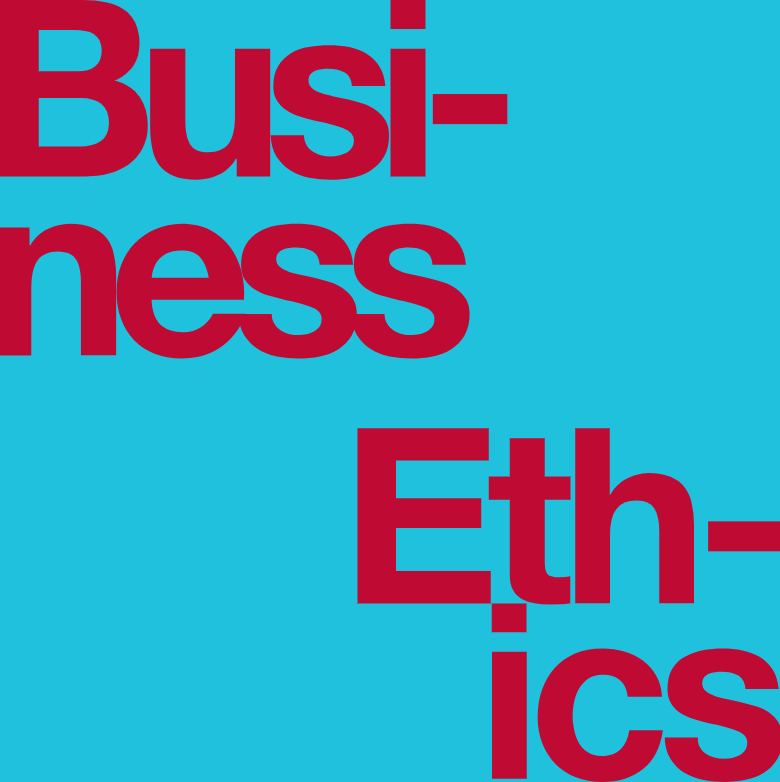
Business Ethics
The comprehensive contents from this book, combined with Odigia’s Teaching and Learning Tools have everything you need to engage, collaborate, track and assess your students.
This course includes:

137
practice questions

196
engagement activities
Helping Teachers Do What They Do Best: Teach

Customize
Use our courses as is or easily customize them to fit your teaching style and the needs of your students. You can add your favorite resources, hide and show our existing content and pre-built assessments, or make them your own. Everything your students need, in one place!

Engage and Collaborate
Odigia combines learning materials, discussions, and tools to create a familiar social experience for students allowing you to easily connect and redirect students attention.

Track
See how much time students are spending on different areas of the course, which areas are creating the most amount of engagement and identify topics the students are struggling with. Flag and provide feedback on assignments to proactively meet individual students' needs.

Assess
Game theory allows students to monitor their progress visually and motivates them to stay on track. Students can see exactly what activities they need to complete, which ones have been flagged and compare their progress against the overall class.
Business Ethics Course Outline
Why do Ethics Matter?
What sets the minimal standards by which society lives out those ethical norms?
What role do stakeholders play in decisions about ethical behavior?
What are the three Special Stakeholders?
Are there underlying values that transcend time and place?
What do Employers Owe Employees?
What do Employees Owe Employers?
How can one ensure a workplace that values inclusion and diversity?
Should quality health care be a right for all rather than a privilege for the few?
How can employers prepare employees for the impact of robots at work?
Why do Ethics Still Matter?


